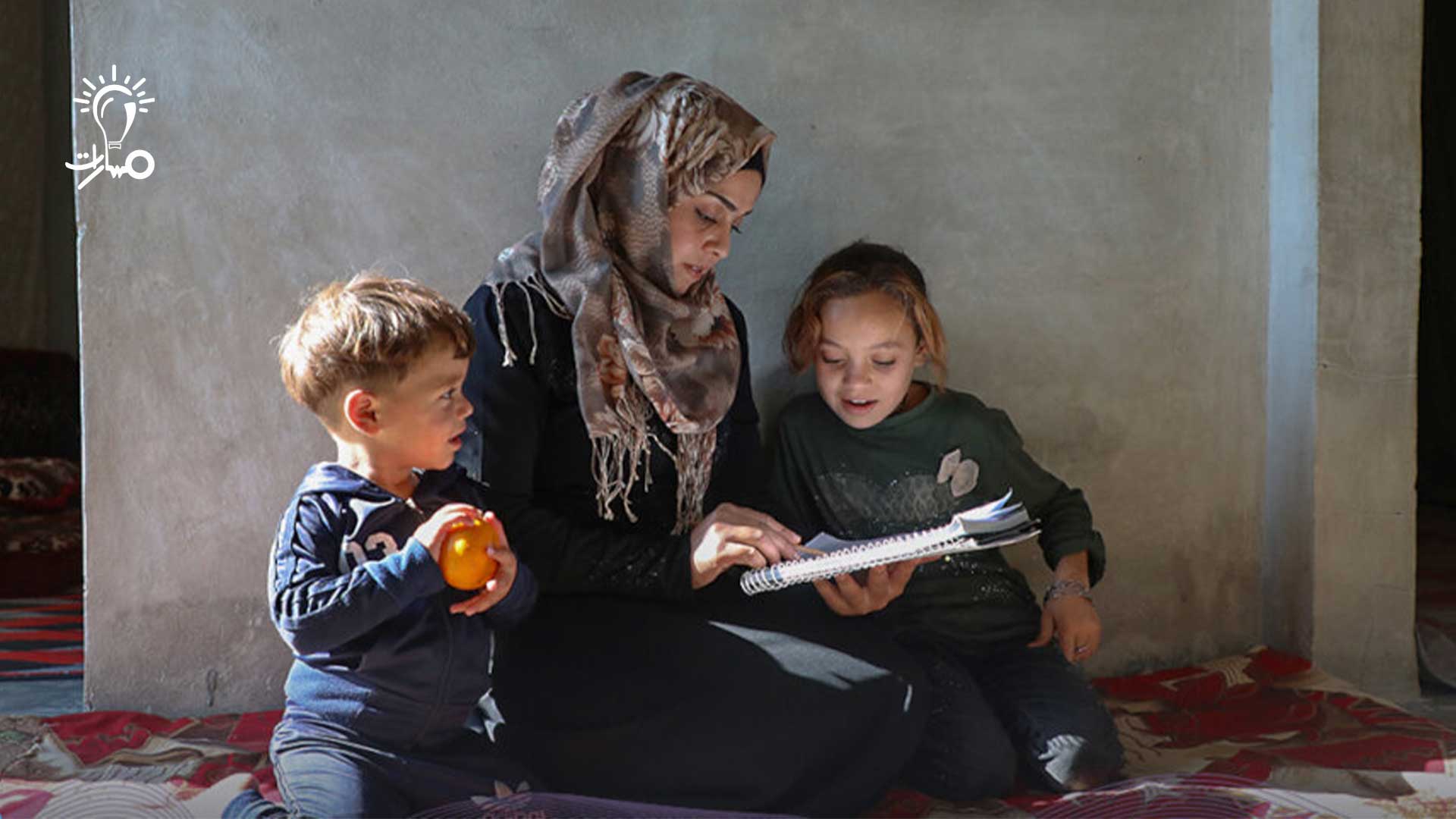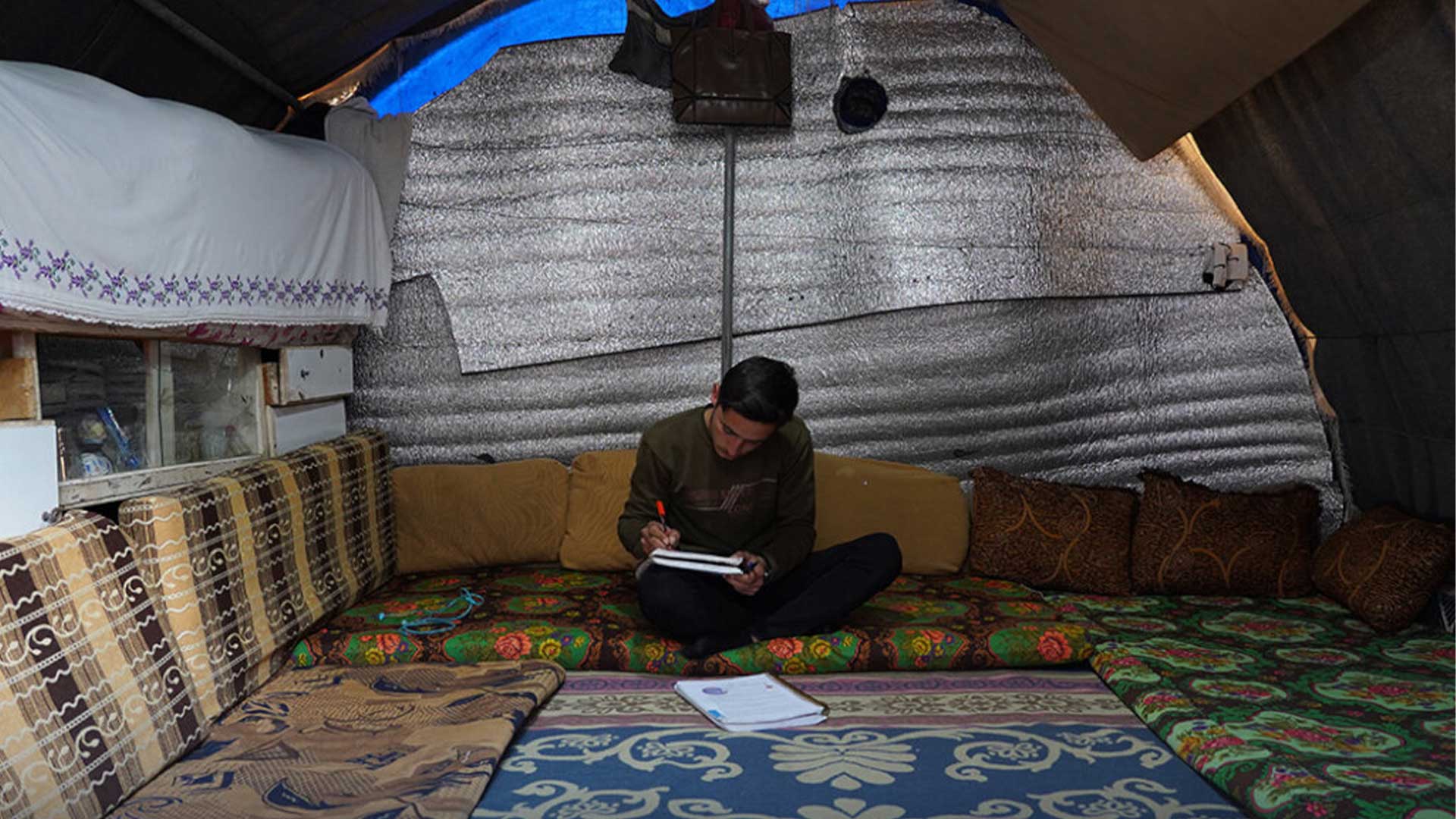In today’s competitive job market, technical expertise alone is no longer sufficient to guarantee success. Employers now seek candidates with well-rounded skill sets, including soft skills, which are essential for both professional growth and personal development.
This article explores the importance of soft skills, identifies the top ones sought in the workplace, and provides practical guidance on how to cultivate them for career and personal success.
What are Soft Skills?
Soft skills, often referred to as “people skills” or “interpersonal skills,” are personal qualities that influence how individuals interact with others and handle various situations.
Unlike hard skills, which are technical and measurable, soft skills are more subjective and harder to quantify. They are essential in any career, helping professionals excel through teamwork, adaptability, and leadership.
Organizations increasingly value employees with strong soft skills, recognizing their role in fostering a positive workplace culture and driving overall success.

Top 10 Soft Skills
Here are the top soft skills employers value most, along with explanations of why each is essential:
Communication Skills
Communication skills are the foundation of effective interpersonal interactions. This skill encompasses both verbal and written communication, as well as non-verbal cues like body language and listening abilities.
Strong communicators can convey their ideas clearly, understand others’ perspectives, and foster mutual understanding in the workplace.
Initiatives like Masarat play an important role in developing these skills by providing online education through advanced technologies.
As an educational initiative, Masarat engages students in interactive virtual learning environments, helping them enhance their communication skills.
Unlock your communication potential with Masarat!
Through interactive online classes, collaborative projects, and digital discussions, Masarat empowers students to master effective expression and digital communication—skills essential for thriving in today’s job market.
Join us to take your abilities to the next level!
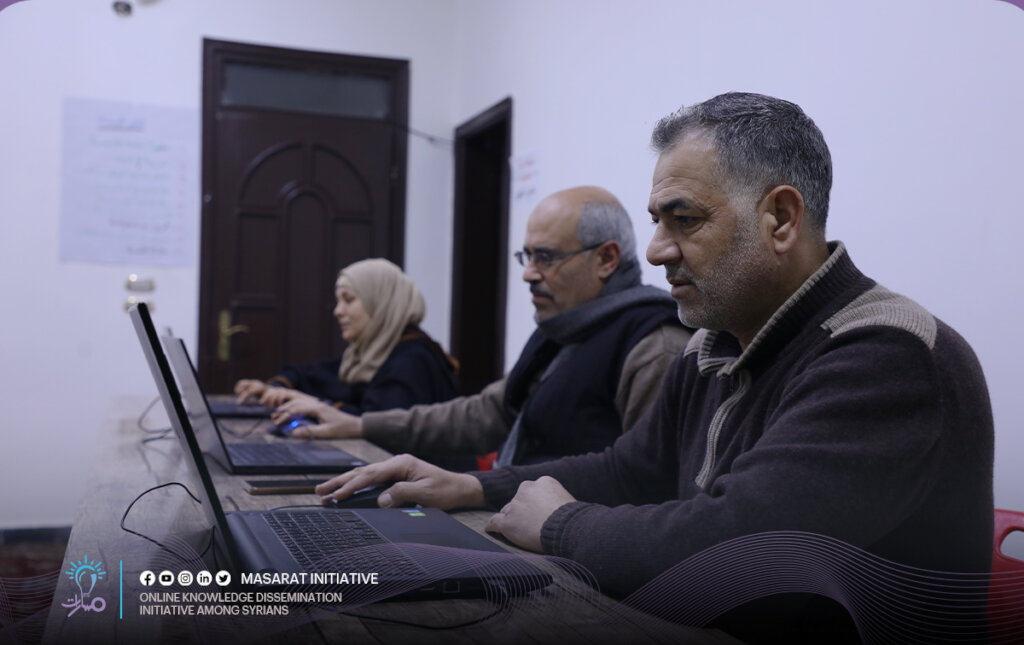
Collaboration
Collaboration, or teamwork, is the ability to work cooperatively with others to achieve common goals.
Effective collaborators who respect diverse perspectives can compromise, and work toward shared objectives.
This skill is particularly valuable in today’s interconnected work environments, where cross-functional teams are common.
Problem-Solving
Problem-solving involves analyzing challenges, identifying solutions, and implementing them effectively.
This skill demonstrates one’s ability to think critically under pressure and find ways to overcome obstacles.
Employers value problem solvers who can assess situations objectively and apply creative solutions that benefit both the team and the organization.
Flexibility
Flexibility is the ability to adapt to changing circumstances and embrace new challenges.
In a fast-paced work environment, flexibility ensures that employees can adjust their strategies and approaches when faced with unexpected changes or setbacks. This skill is particularly valuable in fields where projects and priorities may shift rapidly.
Time Management
Time management is the skill of prioritizing tasks and managing one’s schedule effectively to meet deadlines.
It enables individuals to be productive and efficient, even under tight timelines. Effective time management helps professionals balance multiple responsibilities without compromising on quality, which is essential in nearly every job role.
Creativity
Creativity is the capacity to generate new ideas, approaches, or solutions.
While often associated with artistic fields, creativity is highly valuable across all industries, particularly in roles that require innovation.
Creative thinkers can view challenges from multiple perspectives, which often leads to groundbreaking solutions.
Leadership
Leadership is the ability to inspire, motivate, and guide a team toward a shared vision.
Effective leaders set examples, make decisive choices, and cultivate a positive environment.
Leadership skills are not exclusive to managerial roles; they are valuable in any position where influencing others is essential.
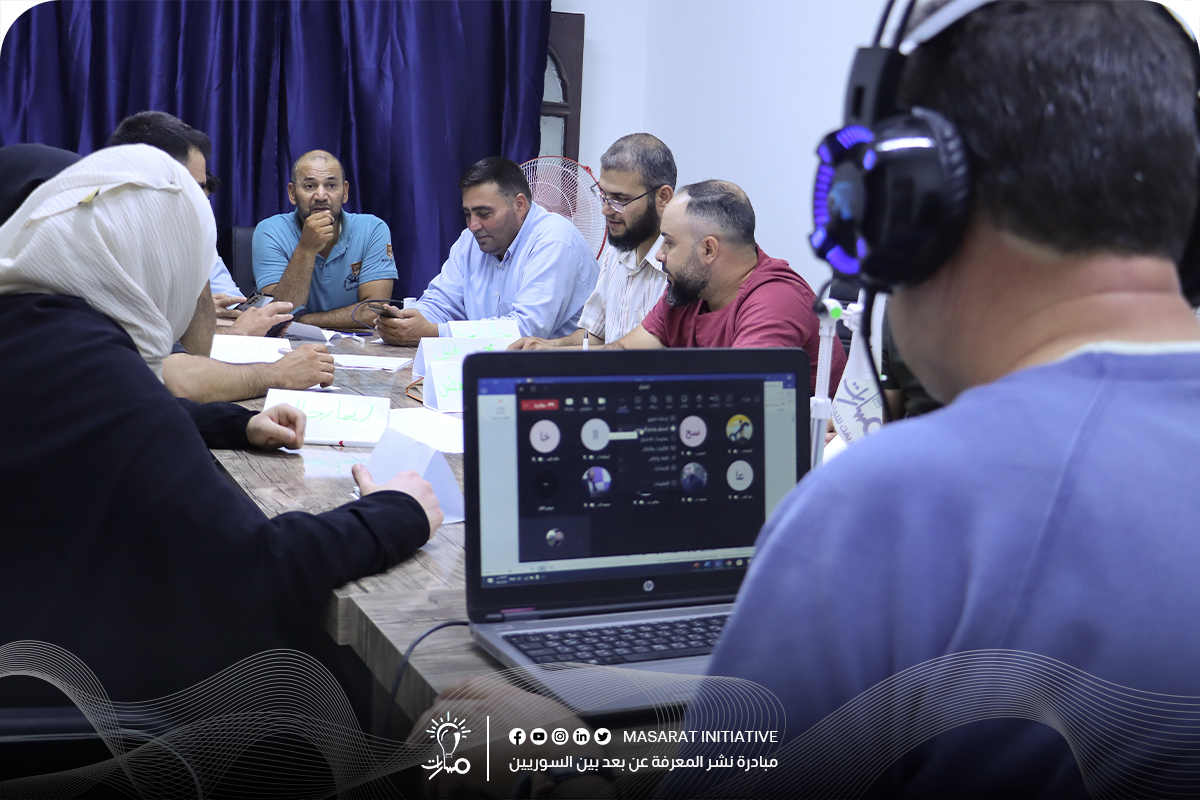
Critical Thinking
Critical thinking involves analyzing information objectively, identifying biases, and evaluating evidence before making decisions.
This skill enables professionals to assess complex situations logically, improving the quality of their judgments.
Critical thinkers are highly valued for their capacity to approach issues thoughtfully and avoid hasty conclusions.
Emotional Intelligence
Emotional intelligence (EI) is the ability to recognize, understand, and manage one’s own emotions and those of others. It includes empathy, self-awareness, and interpersonal skills.
High EI enhances communication, strengthens relationships, and fosters a supportive workplace culture, which is essential in client-facing or team-oriented roles.
Self-Management
Self-management is the skill of controlling one’s behavior, maintaining focus, and setting personal goals. It requires discipline, motivation, and a commitment to improvement.
Professionals with strong self-management skills are proactive, reliable, and able to work independently, making them valuable assets in any organization.
The Importance of Soft Skills
Soft skills play a crucial role in shaping both personal and professional success.
They foster a positive work culture, enhance productivity, and contribute to career advancement.
Here’s why they matter:
Relationship Between Soft Skills and the Job Market
In the current job market, soft skills are often the deciding factor in hiring decisions.
Technical expertise is essential, but employers seek individuals who can work well with others, adapt to changes, and solve problems effectively.
Strong soft skills enhance productivity, promote a collaborative environment, and make employees better equipped to handle challenges.
Initiatives like Masarat play a crucial role in preparing youth for the workforce by offering free online education focused on essential soft skills and professional training.
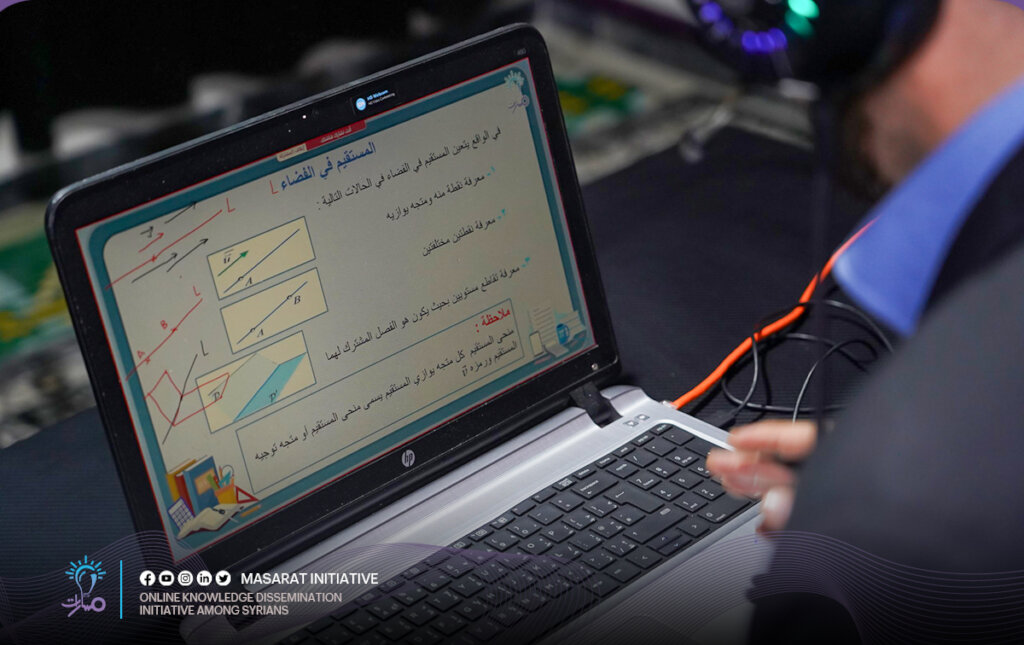
Through its accessible educational resources, Masarat empowers students with the communication, adaptability, and problem-solving abilities needed to thrive in the job market, bridging the gap between academic knowledge and workplace expectations.
How to Develop and Enhance Soft Skills
Building soft skills requires consistent practice, self-awareness, and a commitment to personal growth.
Here are some strategies for improvement:
- Practice Active Listening: Focus on truly understanding others’ perspectives, which enhances communication skills and empathy.
- Seek Feedback: Constructive criticism from peers and mentors provides insight into areas for improvement.
- Engage in Team Projects: Collaborative tasks allow you to practice teamwork, problem-solving, and flexibility in real situations.
- Participate in Personal Development Programs: Many organizations offer workshops to develop skills such as leadership and emotional intelligence.
- Set Personal Goals: Self-management skills are cultivated through goal-setting, discipline, and self-motivation.
Masarat provides mentorship and educational opportunities to help individuals develop soft skills. By fostering both academic and personal growth, Masarat prepares learners for professional success with enhanced interpersonal abilities, communication skills, and critical thinking.
The Difference Between Soft and Hard Skills
Understanding the distinction between soft and hard skills is essential for balanced personal and career development:
Soft Skills:
- Interpersonal and behavioral qualities that impact teamwork, adaptability, and leadership.
- Subjective and harder to measure, focusing on how you work rather than what you know.
- Transferable across roles and industries.
Hard Skills:
- Technical, measurable abilities, such as programming or accounting.
- Job-specific and often gained through formal education or training.
- Essential for performing specific tasks or meeting technical requirements.
Masarat Initiative and Its Role in Skill Development in Northern Syria
Masarat is a pioneering educational initiative dedicated to empowering youth in northern Syria through skill development and accessible learning.
By offering free, high-quality online education across four main programs—academic guidance, professional training, soft skills enhancement, and student activities—Masarat equips students in conflict-affected areas with essential competencies for both personal and professional growth.
Recently, Masarat launched the Drop by Drop campaign to expand its impact.
This campaign aims to provide free knowledge and skill development resources, ensuring that students in northern Syria can continue learning and build valuable skills despite challenging circumstances.
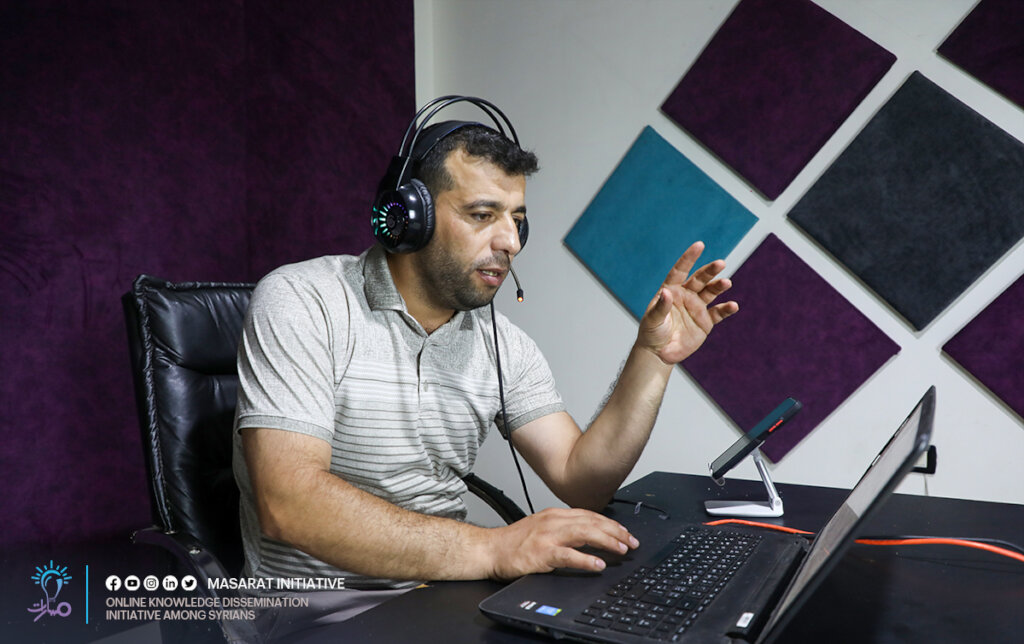
With a focus on practical abilities like communication, problem-solving, and adaptability, Masarat is bridging the gap between traditional education and modern job market demands.
Through Masarat and the Drop by Drop campaign, young learners are not only given the chance to continue their education but also empowered to build a stable, prosperous future.

